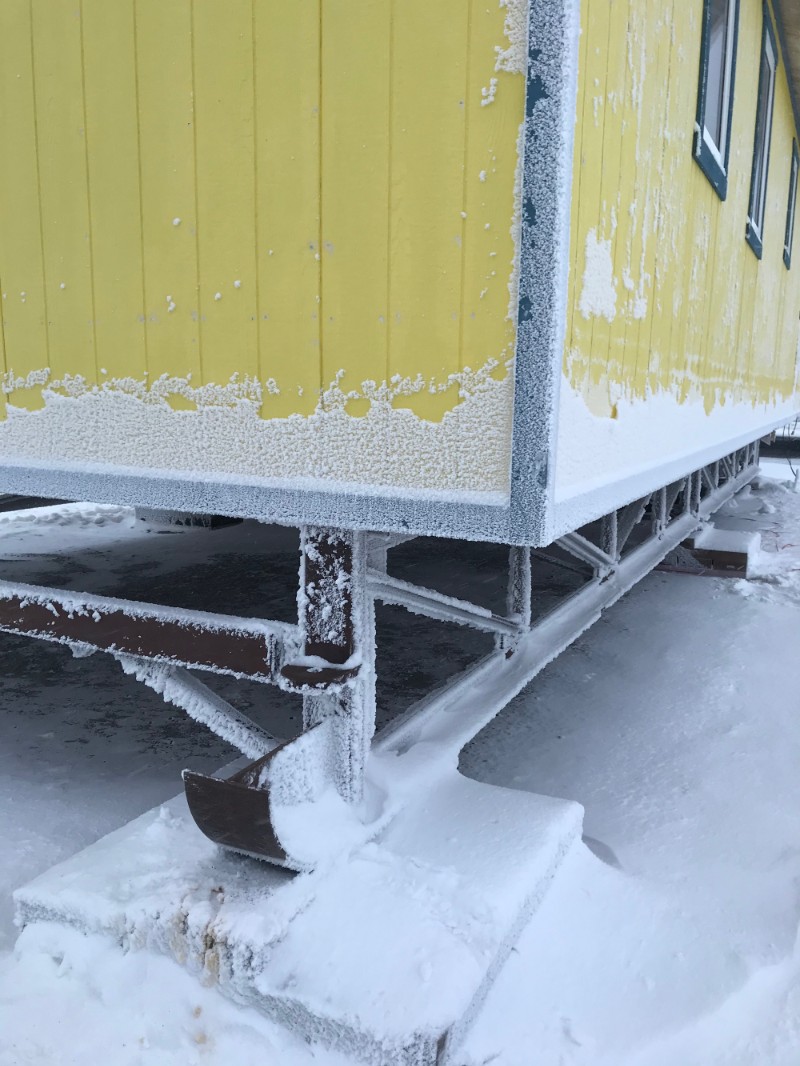
- Details
- By Jenna Kunze
Tribal communities will soon have access to $46 million in funding to combat impacts of climate change, according to an announcement from the Department of the Interior today.
The funding, included in President Biden’s Bipartisan Infrastructure law, is available for projects and initiatives that focus on climate resilience and adaptation, ocean and coastal management, community-driven relocation, and protection-in-place.
The lifeline comes as Indigenous communities are consistently bearing the brunt of climate change.
“As the effects of climate change continue to intensify, Indigenous communities are facing unique climate-related challenges that pose existential threats to Tribal economies, infrastructure, lives and livelihoods. Coastal communities are facing flooding, erosion, permafrost subsidence, sea level rise, and storm surges, while inland communities are facing worsening drought and extreme heat,” Secretary Deb Haaland, Laguna Pueblo, said in a statement. “President Biden’s Bipartisan Infrastructure Law’s historic investments in Tribal communities will help bolster community resilience, replace aging infrastructure, and provide support needed for climate-related community-driven relocation and adaptation.”
The Bipartisan Infrastructure Law provides a total of $466 million to the Bureau of Indian Affairs over five years, including $216 million for climate resilience programs. Of that funding, $130 million is provided for community relocation, $86 million is provided for Tribal climate resilience and adaptation projects, and $43.2 million will be available to spend annually for five years.
For more information on the funding opportunity, the Institute for Tribal Environmental Professionals Tribes and Climate Change Program will host a webinar on April 25, from 3:30-5:00pm eastern time. Registration is available online. Those who cannot attend will be able to watch an archived version.
More Stories Like This
Apache Leader Walks 60 Miles to Court Hearing That Will Decide Fate of Sacred Oak FlatRappahannock Tribe Raises Sovereignty and Environmental Concerns Over Caroline County Water Permit
Klamath Indigenous Land Trust Purchases 10,000 Acres as Salmon Return
Trump signs law that revokes some limits on drilling in Alaska’s National Petroleum Reserve
Southern Sierra Miwuk Nation Gets 900-Acres ofLand Back
Help us defend tribal sovereignty.
At Native News Online, our mission is rooted in telling the stories that strengthen sovereignty and uplift Indigenous voices — not just at year’s end, but every single day.
Because of your generosity last year, we were able to keep our reporters on the ground in tribal communities, at national gatherings and in the halls of Congress — covering the issues that matter most to Indian Country: sovereignty, culture, education, health and economic opportunity.
That support sustained us through a tough year in 2025. Now, as we look to the year ahead, we need your help right now to ensure warrior journalism remains strong — reporting that defends tribal sovereignty, amplifies Native truth, and holds power accountable.
 The stakes couldn't be higher. Your support keeps Native voices heard, Native stories told and Native sovereignty defended.
The stakes couldn't be higher. Your support keeps Native voices heard, Native stories told and Native sovereignty defended.
Stand with Warrior Journalism today.
Levi Rickert (Potawatomi), Editor & Publisher


